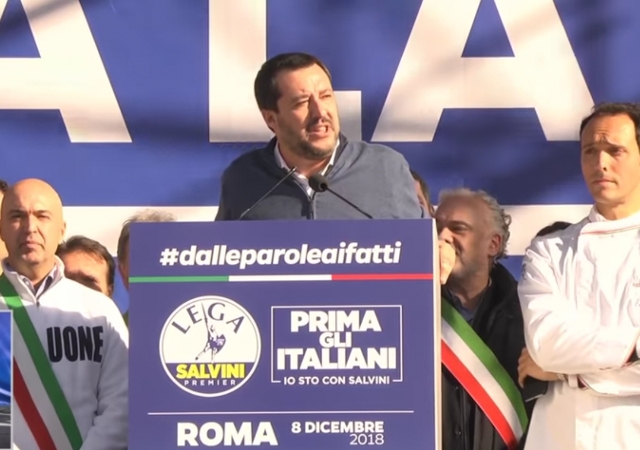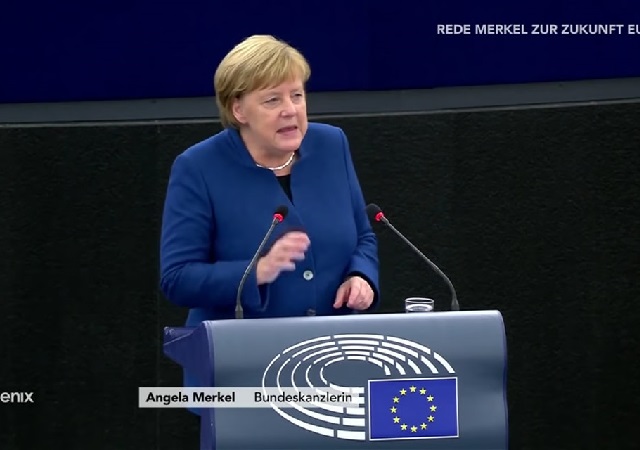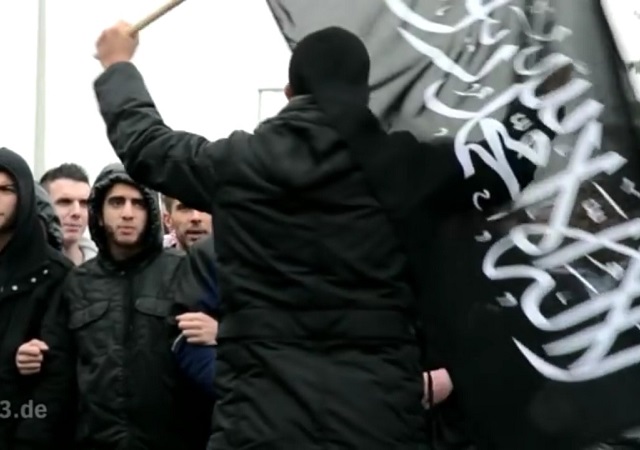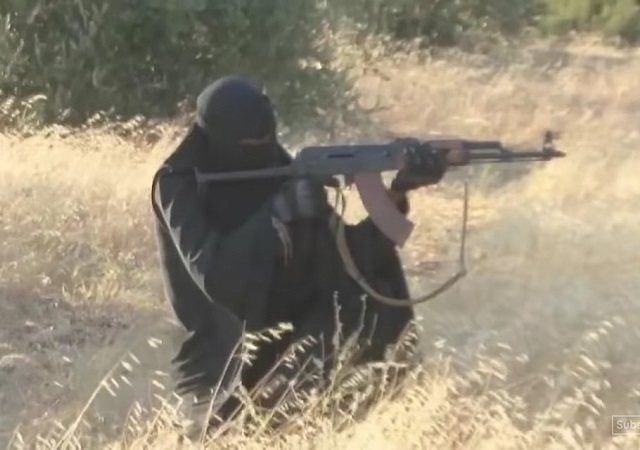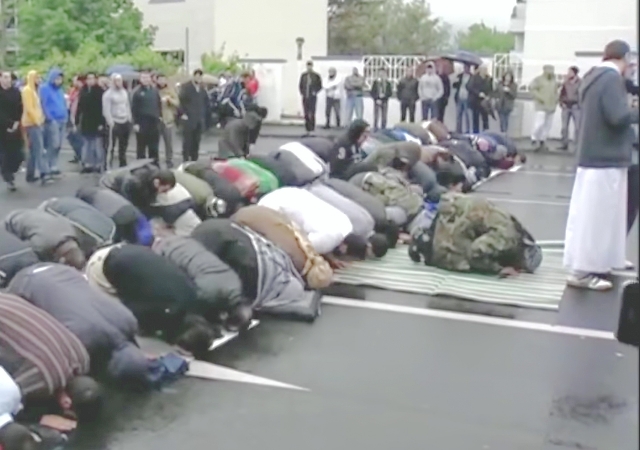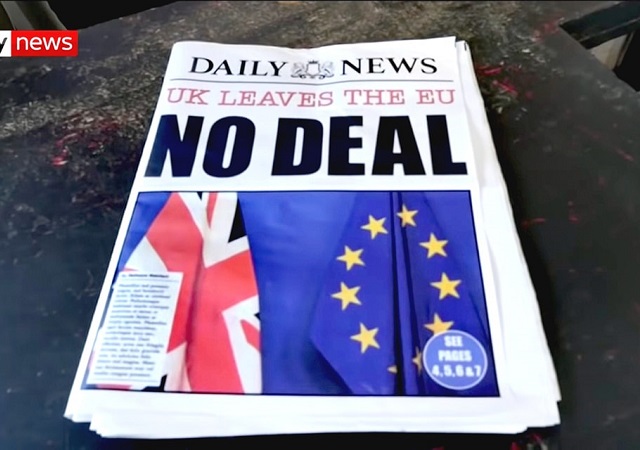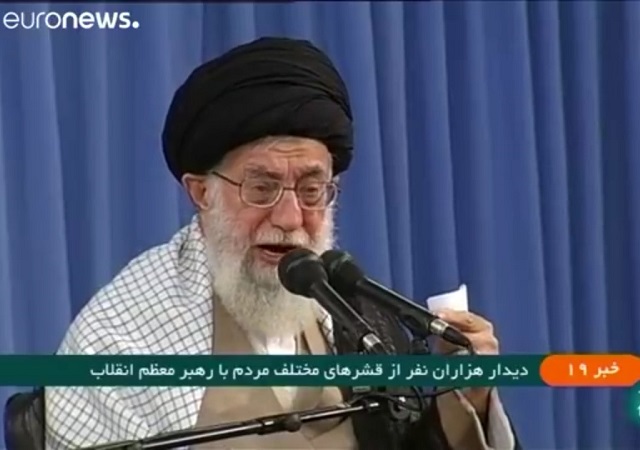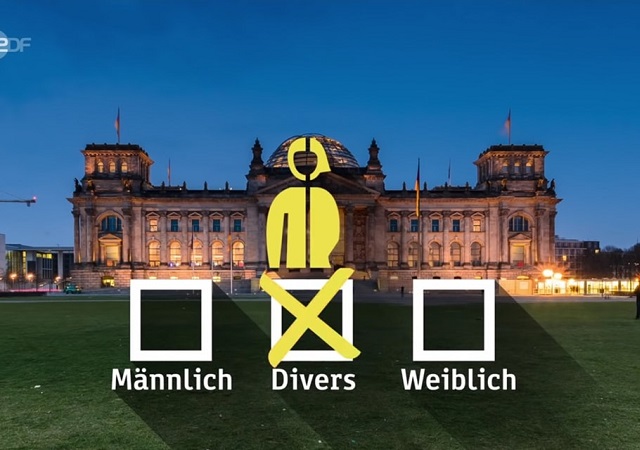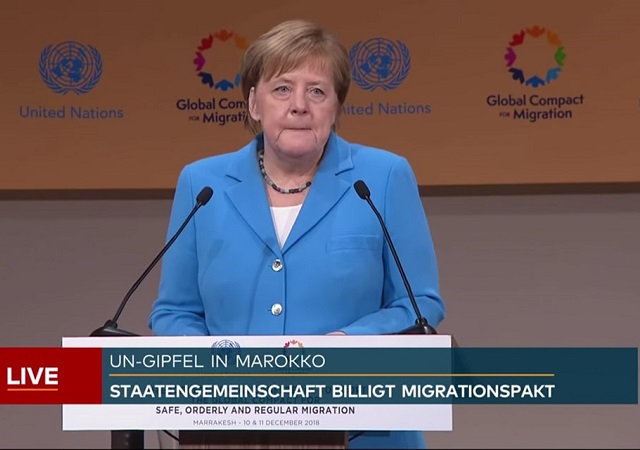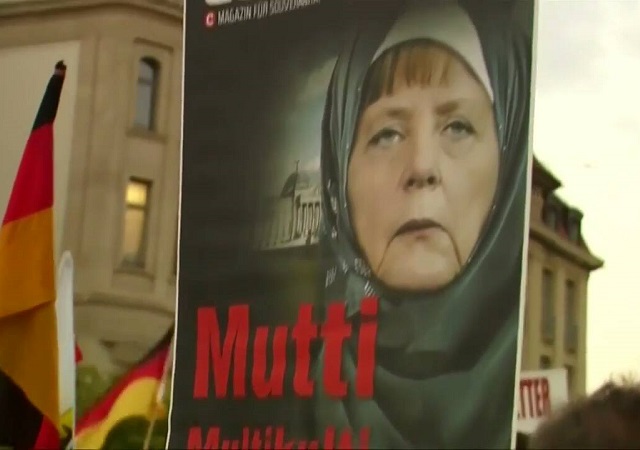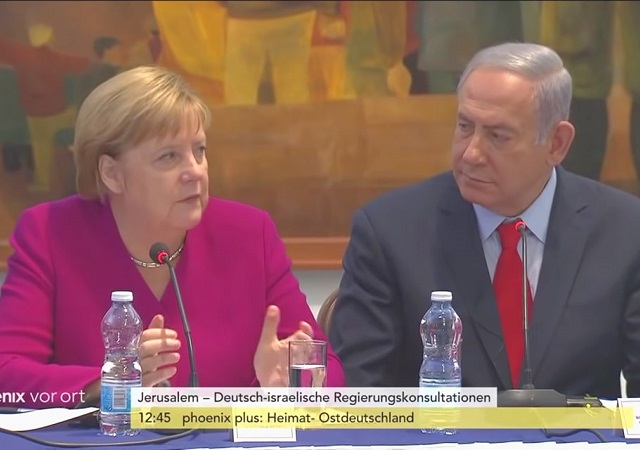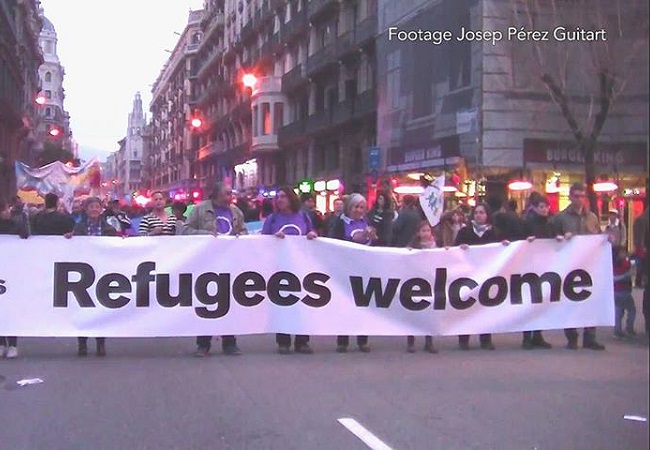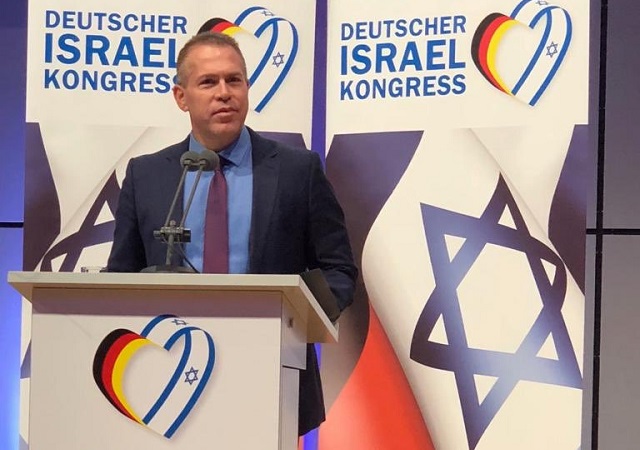EU Election: Italy’s Salvini Seeks Alliance with Polish Conservatives
on January 08, 2019
4 Comments
The leader of the Italian League party, Matteo Salvini, plans to form an electoral alliance with Poland's ruling conservatives in the run-up to the upcoming European Union elections. Salvini is spearheading a campaign to build an anti-establishment alliance ahead of the election. In October, he teamed up with Marine Le Pen's newly-formed French National Rally (NR) to launch the "Freedom Front" coalition.
Salvini will meet the leader of Poland’s Law and Justice (PiS) party, Jarosław Kaczyński, on Wednesday to "strike a deal" ahead of the EU parliament elections scheduled for this May, the public broadcaster Radio Poland disclosed.

